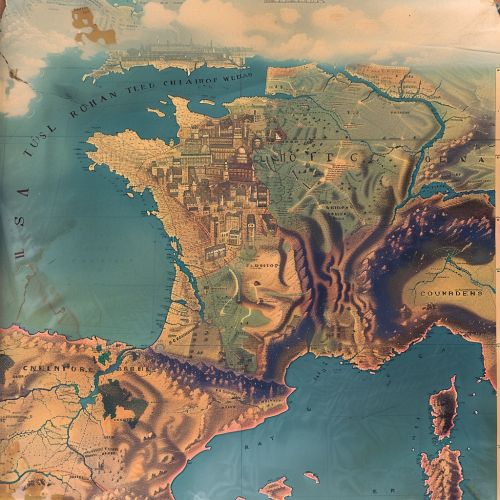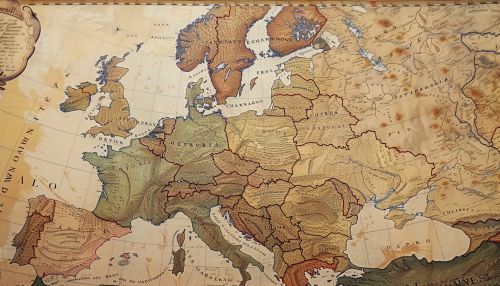Central Powers
Origins and Formation
The term "Central Powers" refers to the coalition of nations that fought against the Allied forces during World War I. This alliance primarily consisted of the German Empire, Austro-Hungarian Empire, the Ottoman Empire, and the Kingdom of Bulgaria. The alliance was formed in response to various geopolitical, economic, and military factors that were prevalent during the early 20th century.


Geopolitical Factors
The formation of the Central Powers was heavily influenced by the geopolitical landscape of Europe and the Middle East during the late 19th and early 20th centuries. The German Empire, under the leadership of Kaiser Wilhelm II, sought to establish itself as a dominant world power. This ambition led to a series of alliances and treaties, most notably the Dual Alliance with Austria-Hungary in 1879, which later expanded to include Italy in the Triple Alliance of 1882.
Economic Factors
Economic factors also played a significant role in the formation of the Central Powers. The late 19th and early 20th centuries were a period of rapid industrialization and economic growth in Europe. The German Empire, in particular, experienced a significant economic boom, becoming the largest economy in Europe by 1914. This economic strength enabled the Central Powers to mobilize and sustain a large military force during World War I.
Military Factors
The military strategies and doctrines of the Central Powers were heavily influenced by the theories of Alfred von Schlieffen, the Chief of the German General Staff from 1891 to 1906. His Schlieffen Plan, developed in the early 20th century, called for a swift and decisive victory over France in the event of a two-front war, followed by a rapid redeployment of forces to the eastern front to confront Russia. This plan, however, was only partially implemented at the outbreak of World War I and ultimately failed to achieve its objectives.
Role in World War I
The Central Powers played a significant role in World War I, engaging in numerous battles and campaigns on multiple fronts. Notable events include the Battle of Tannenberg, the Gallipoli Campaign, and the Battle of Caporetto. Despite initial successes, the Central Powers were ultimately unable to achieve a decisive victory and were defeated by the Allied forces in 1918.
Aftermath and Legacy
The defeat of the Central Powers in World War I had profound and lasting effects on the geopolitical landscape of Europe and the Middle East. The Treaty of Versailles, signed in 1919, imposed severe penalties on Germany, including significant territorial losses, disarmament, and reparations. The Austro-Hungarian and Ottoman Empires were dismantled, leading to the creation of numerous new nation-states in Central and Eastern Europe and the Middle East. The legacy of the Central Powers and their role in World War I continue to be subjects of historical analysis and debate.
